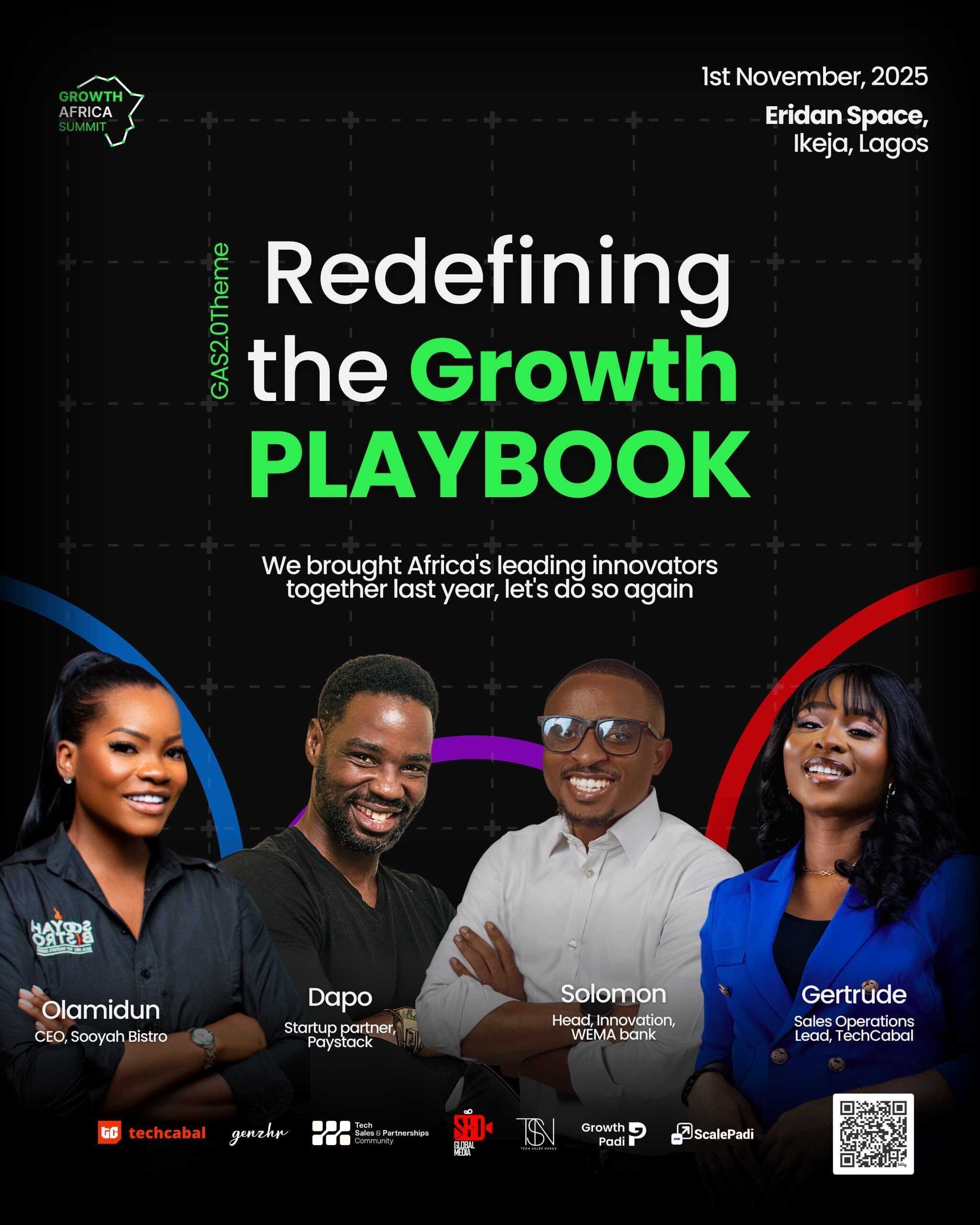- 👨🏿🚀TC Daily
- Posts
- Unity clears way for merger
Unity clears way for merger
Big idea: Remote workers in Nigeria to pay 23% tax.


Happy new week. ☀️
Q4 is around the corner, and with it comes the final sprint for targets, fundraises, and big moves. Remember, Africa minted two unicorns in the final quarter of 2024. Can we see similar moves this year?
Africa’s tech and business scene isn’t slowing down, and neither are we. That’s why you should be at Moonshot by TechCabal. Take advantage of our 25% Independence Day discount to be part of important conversations about Africa's tech ecosystem. Be there!
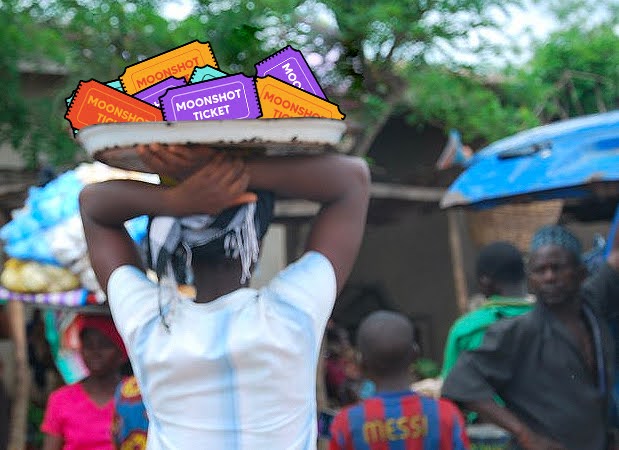

Banking
Unity Bank and Providus Bank merger deal clears as AMCON exits
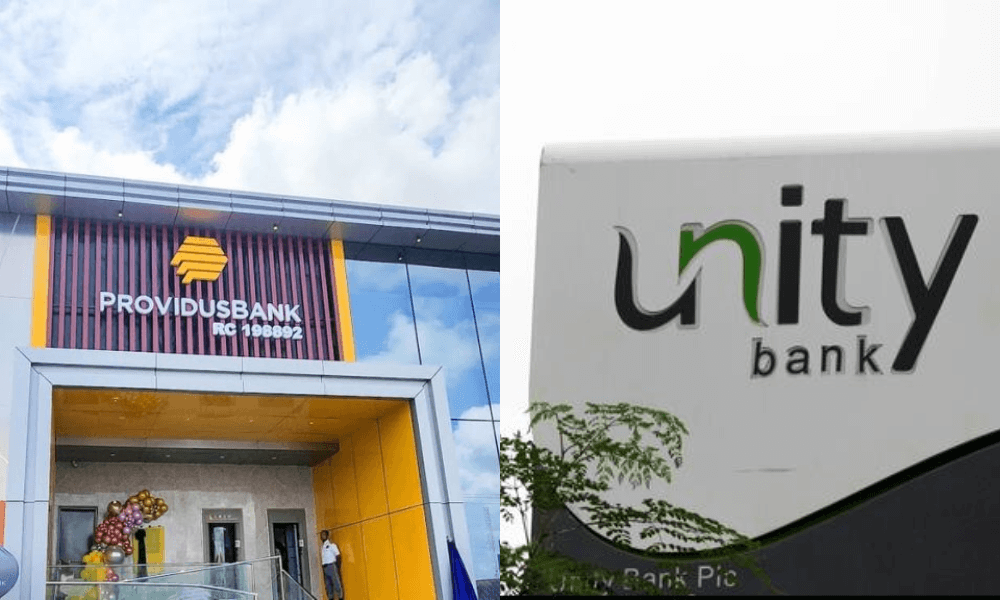
Unity Bank has finally found a way forward. On September 27, the Nigerian tier-2 bank confirmed that an existing shareholder has snapped up the Asset Management Corporation of Nigeria’s (AMCON) 34% majority stake, clearing the way for the year-long anticipated merger with Providus Bank.
ICYMI: AMCON originally took control of Unity during a bailout, but its exit now hands the bank back to shareholders at a critical moment.
State of play: The deal creates a 230-branch network with around ₦5.3 trillion ($3.5 billion) in asset size, positioning the combined bank to compete in Nigeria’s bank recapitalisation race. In March 2024, the Central Bank of Nigeria (CBN) ordered banks to raise fresh capital before March 2026. National commercial banks like Unity and Providus must hit at least ₦200 billion ($134 million).
Zoom out: Only 14 banks have met the CBN’s new capital thresholds, and mergers are fast becoming the survival play. The Unity–Providus deal, coming right after Union Bank’s absorption into Titan Trust, signals the start of a merger wave. Nigeria is likely to have fewer banks, but stronger ones, better positioned to support the government’s $1 trillion economy target by 2030.
eCommerce Without Borders: Get Paid Faster Worldwide

Whether you sell in Lagos or Nairobi, customers want local ways to pay. Let shoppers check out in their local currency, using cards, bank transfers, or mobile money. Set up seamless payments for your global online store with Fincra today.
mobility
LagRide launches minibus services
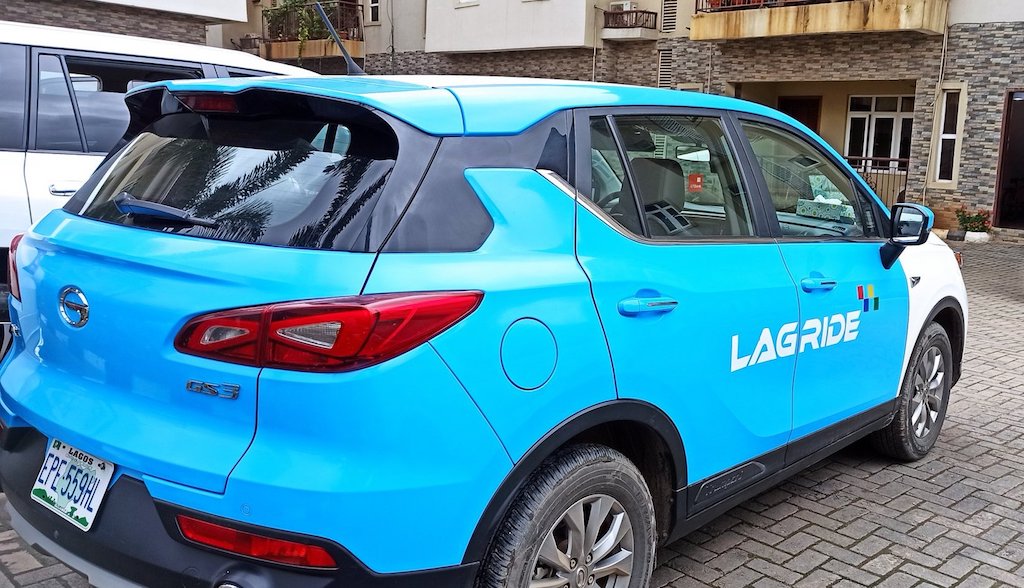
LagRide, the Lagos State government-backed ride-hailing service, is set to roll out a new minibus category, LagRide Omni. The service, which seats six passengers with room for luggage, is designed for families, colleagues, a group of friends, or anyone tired of making fragmented trips across the city to get to their destination.
This new update comes hot on the heels of Lagride’s latest addition to its app. Like the ride categories on competitors like Bolt, Uber, and inDrive, LagRide passengers can now pick from three ride categories. The first is the EV category, which comes after the ride-hailing app's recent addition of 100 electric vehicles (EVs) to its fleet. There is also the Pro category that provides new cars and trained captains for riders. Then the Legacy category, with affordable everyday riders for users. The Omni will join as the fourth option.
How competitors stack up. This new bus category is similar to Uber’s XL category available in other parts of the continent, including South Africa. However, this category is not available for Lagos riders, meaning LagRide is trying to be more than a clone of its competitors by introducing new services that serve the locals.
LagRide is betting on its structure. Its recent injection of 10,000 new drivers and addition of 5,000 vehicles to its fleet show that LagRide is building the foundation to become Lagos’ most complete mobility ecosystem.
Paga is in USA

Big news! Paga Group is now live in the United States, with digital banking services designed for Africa’s diaspora! Eligible users can send, pay, and bank in US Dollars & Naira, safe, regulated, and borderless. Learn more
Satellite
Nigeria and Kenya eye new satellite collaboration

Satellites don’t usually make headlines in Africa until they fail or get launched abroad. But last week in Abuja, two African agencies sat across the table, asking what they could build for themselves.
The Nigerian Communications Satellite (NIGCOMSAT) Ltd and the Kenyan Space Agency (KSA) have opened talks on a potential partnership in satellite services. Kenya plans to source satellite services from Nigeria rather than non-African providers, to see how Nigeria’s satellite capabilities could support its growing space ambitions.
The timing could not be better. These talks come at a time when Nigeria’s satellite, NigComSat-1R, nears the end of its lifespan. Launched in 2011 to operate for over 15 years, the replacement for the ageing infrastructure has been pushed three years later than initially planned. Although satellites don’t just stop working when they reach the end of their lifespan, reliability declines as fuel reserves dwindle, solar panels and electronics degrade, and backup systems are exhausted.
Still, Nigeria has space ambitions. In August, the country signed a memorandum of understanding (MoU) with Brazil to deepen cooperation in space technology through climate monitoring, national security, and space vehicle development. In May, the nation announced plans to launch four new satellites to boost surveillance and tackle rising insecurity. Nigeria has been signing deals and taking up projects, signalling its appetite for a bigger role in space.
This Nigeria-Kenya deal could birth something different. This deal could mean that Kenyan businesses and households could access cheaper satellite broadband without solely relying on European or Asian providers. Both countries can improve satellite resilience and give their citizens a stronger stake in the digital future. Both countries want to establish sovereignty in a sector that has seen the continent being left out too often.
Connect Paystack to the world’s best tools!
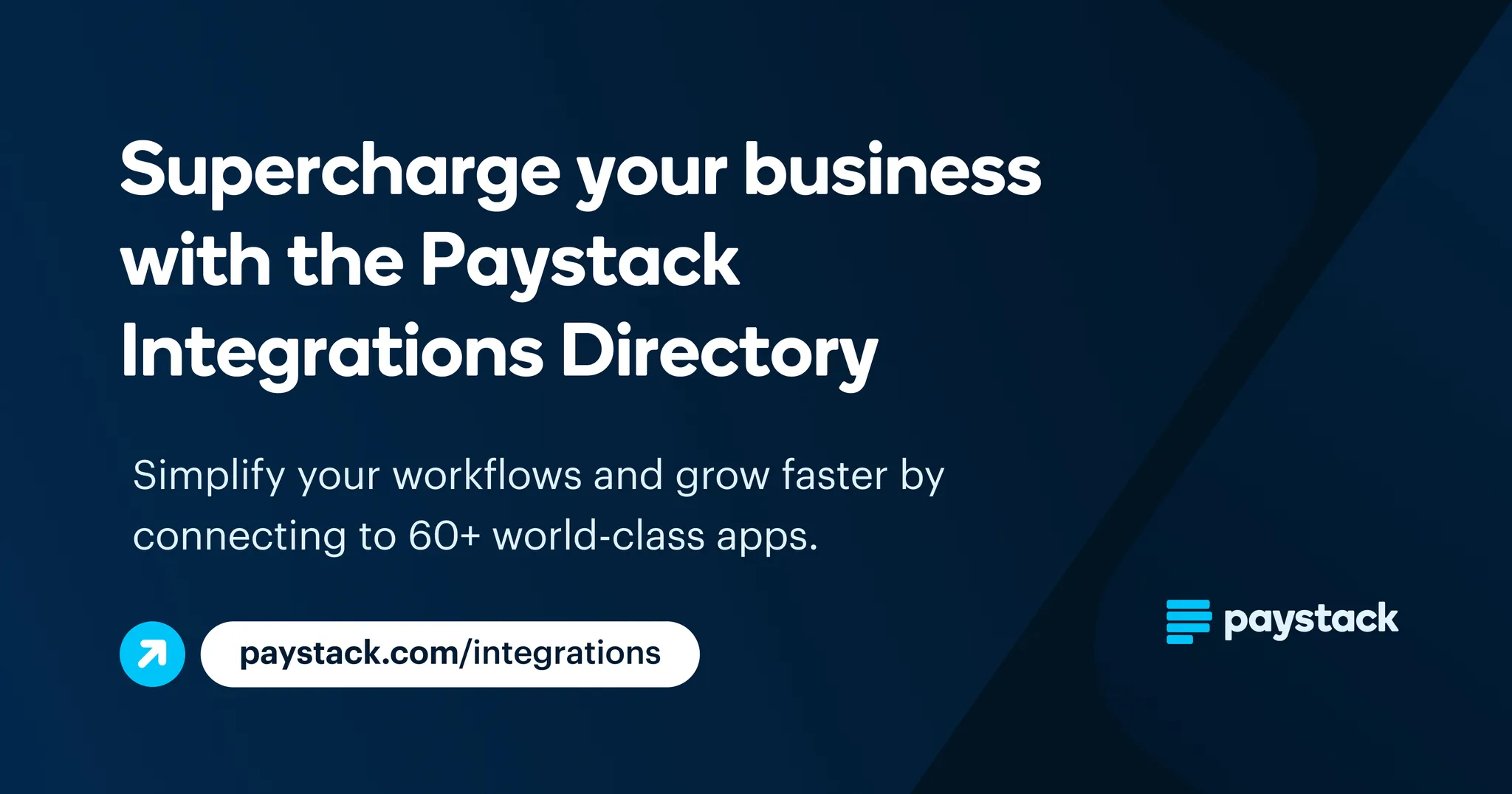
With the Paystack Integrations Directory, connect to 60+ powerful apps to streamline your business. Learn more here →
Streaming
Kenya’s pay-TV industry sees a 77% subscriber drop in 2025

Kenya’s pay-TV industry just got a reality check. According to the country’s Communications Authority, active pay-TV subscriptions plunged by 77% in one year. DStv and GOtv lost most of their customers as the regulator shifted from counting signups to only active, paying subscribers.
The methodology change exposed how inflated previous subscriber numbers were, but it also shows an important behavioural change: Kenyans are ditching satellite dishes for smartphones and streaming apps.
Between the lines: For millions of households, mobile streaming through platforms like TikTok, Netflix, and Showmax has become the default screen, highlighting the vulnerability of the pay-TV model as smartphones and mobile data get cheaper.
Zoom out: The timing could raise an issue for Canal+, the French media company that just finalised a $2 billion acquisition of MultiChoice, South Africa’s pay-TV giant, to expand its footprint in Anglophone African markets like Kenya. It now inherits a business model under siege, with its core markets eroding faster than expected. To stay competitive, MultiChoice plans to double down on live sports content to keep customers paying for its services. It has also been pushing out mobile games to maintain customer loyalty and its core market in South Africa. Whether these efforts will translate into real, loyal, and active subscribers remains the question.
SPECIAL NUMBER
23%
This is how much monthly tax the Nigerian government expects to collect from a remote worker based in Nigeria with a $2,000 (₦3 million)monthlysalary from 2026. This translates to approximately $460 each month (₦684,000).
With the new tax laws taking effect in January 2026, Nigeria is extending income tax to cover remote workers earning from foreign employers, ensuring their earnings are taxed just like those from local companies.
Learn more about the Nigerian government and its many money-making schemes in this week’s Follow The Money column. Every Monday, TechCabal unpacks the most important earnings, business models, and growth strategies shaping the future of Africa’s tech ecosystem.
CRYPTO TRACKER
The World Wide Web3
Source:

Coin Name | Current Value | Day | Month |
|---|---|---|---|
| $111,953 | + 2.10% | + 3.33% | |
| $4,132 | + 2.71% | - 5.28% | |
| $2.85 | + 1.26% | + 1.85% | |
| $209 | + 2.76% | + 3.35% |
* Data as of 00.00 AM WAT, September 29, 2025.
How did you find today's edition of #TCDaily? |





